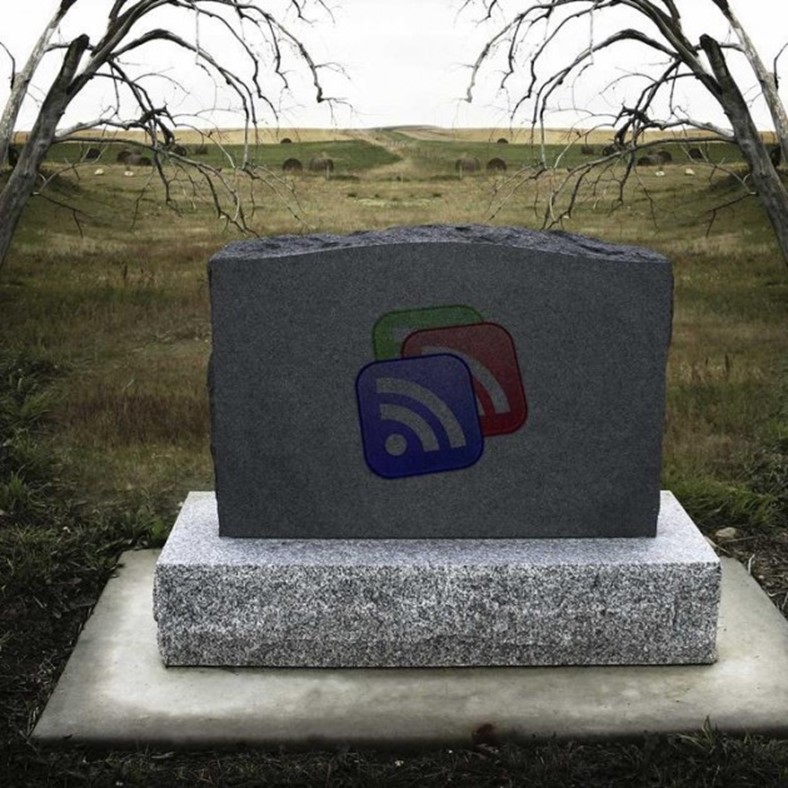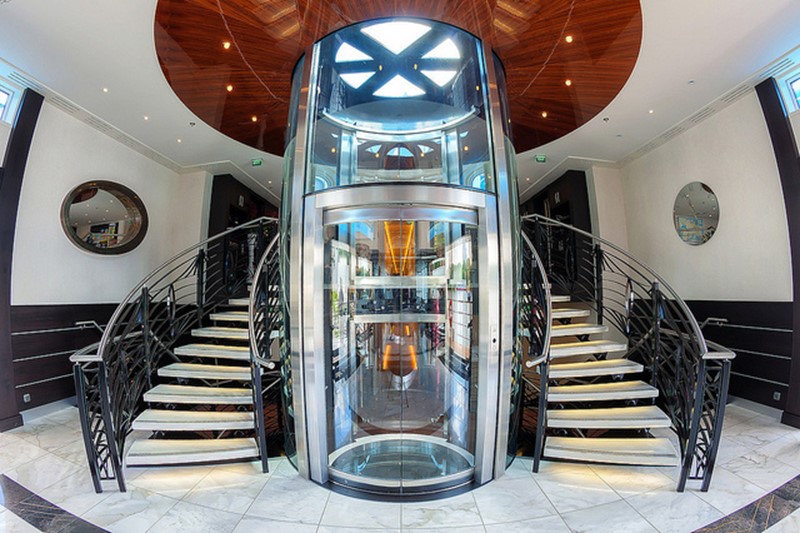The Future Of Malls
March 18, 2013 in Daily Bulletin

The rise of online shopping means that malls have to change writes Tom Bill. Here’s what they’ll look like:
- People prefer to buy things on the internet. To keep people coming through its doors malls must become more like community centers.
- This means that the malls of the future will have medical and government services as well as art galleries and spa centers.
- There might also be inspiration from other countries: malls in China and Dubai have experimented with having residential spaces or open leisure areas to draw people in.
- The websites of malls will also change. They will include services such as the ability to book a parking space or a restaurant table.
Read more about why logistics is the new retail, the lack of vision by shopping center owners, and the countries where developers are taking a lead to evolve the concept of the mall over here.
Source: Reuters

















Join the Discussion! (No Signup Required)